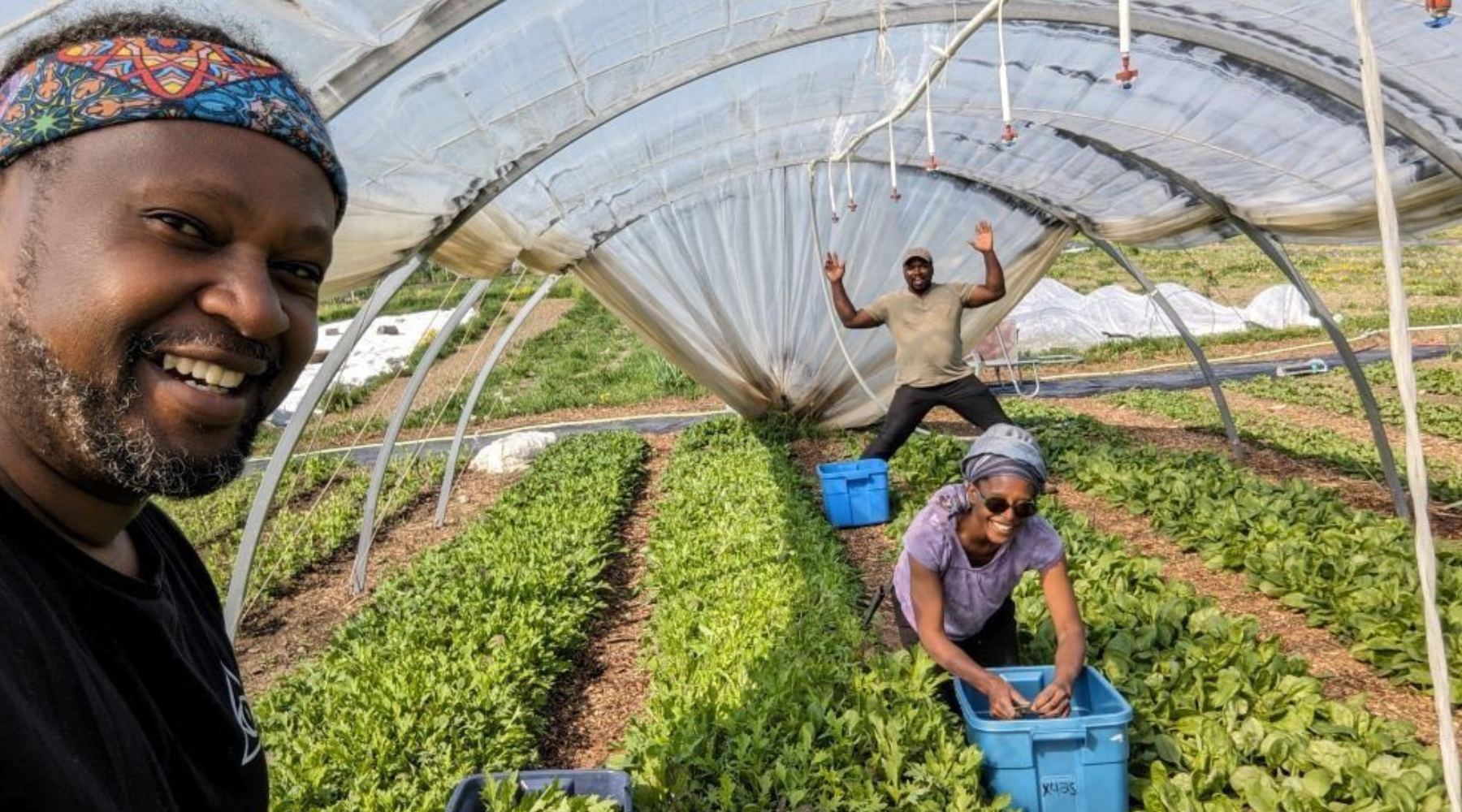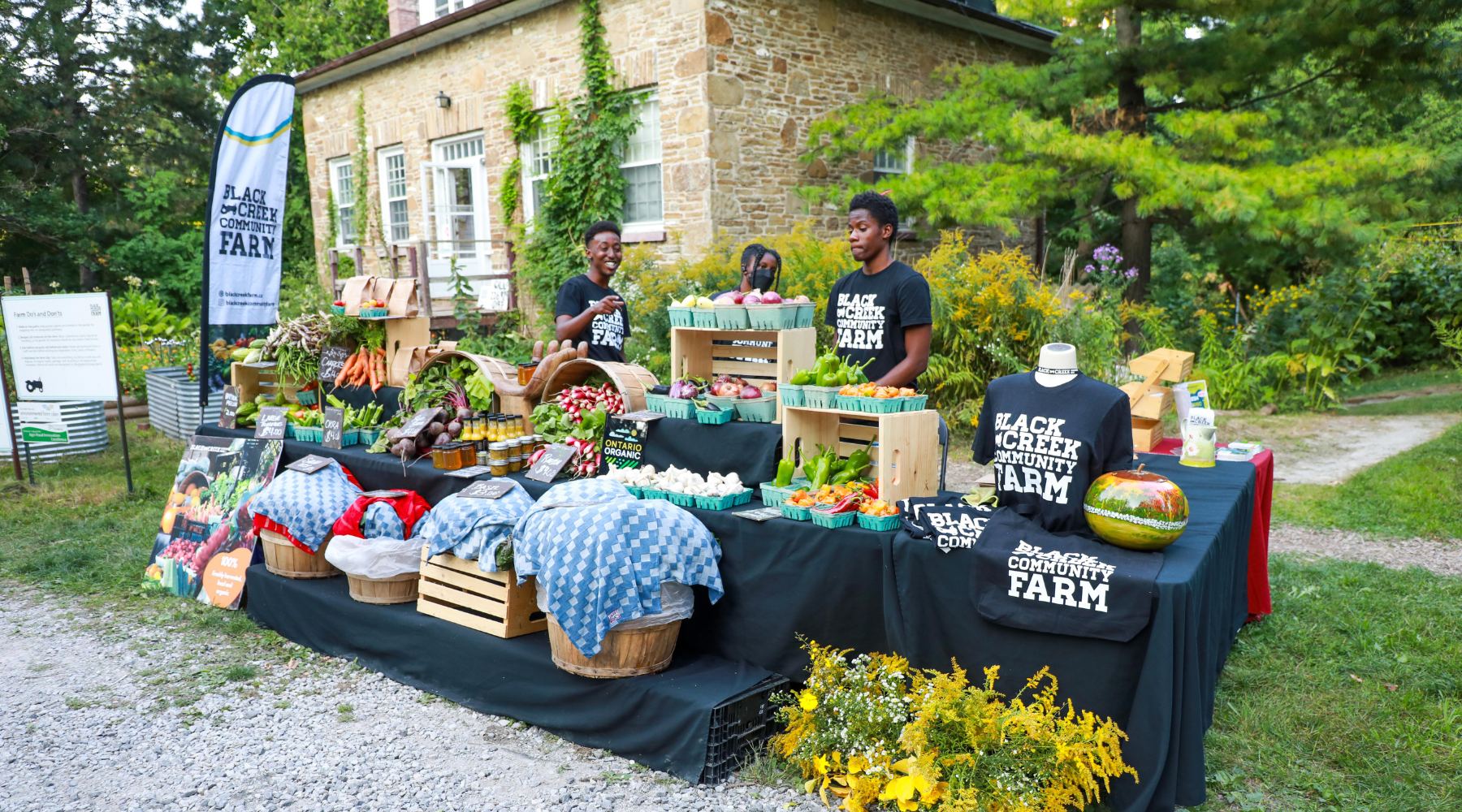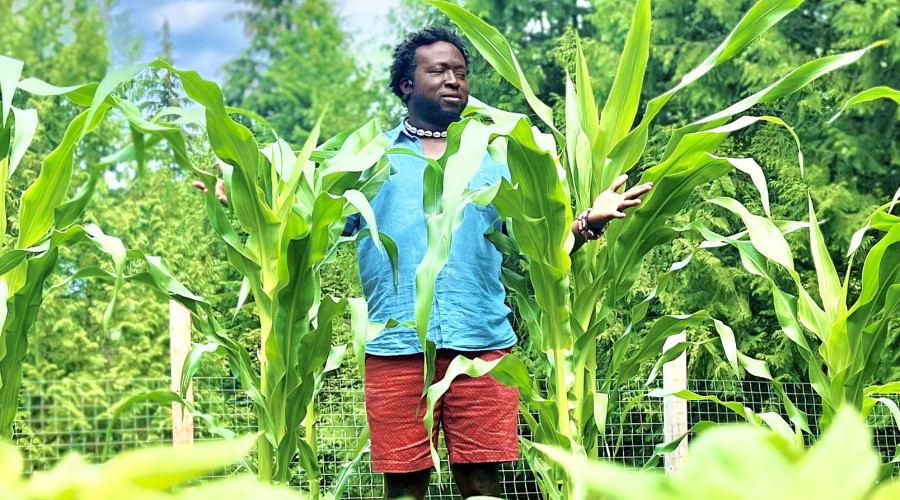According to the Bank of Canada, food inflation hit 10% in 2022, the highest in thirty years. Since then, inflation has continued to rise, but only about 3.5%. This year, the average family of four is expected to spend $16,833.67 on food, an increase of up to $801.56 from last year. After years of food insecurity, the situation in Canada's biggest city has become untenable. The Daily Bread reported that 10% of Torontonians were using food banks—a first for the “first world” city.
To combat urban hunger, Mayor Olivia Chow of Toronto declared a food emergency across the city. Toronto is the 3rd city to officially declare a food emergency, after Mississauga and Kingston in 2024. The declaration is another largely symbolic gesture from the government and encourages all levels of government to help fund ongoing programs.
An answer with no real action, the emergency declaration leaves citizens with little hope of relief and assistance. The failure of the city to provide relief is part of the nation's failure to provide a sustainable agricultural system. The real consequences are not just to family budgets but to individual health. It feels as if every day, there is another food recall from dairy to meat, etc. Last summer, three people in Ontario died in a listeriosis outbreak associated with certain Silk products. It's not just funding food; Canada has failed to regulate its largest agribusinesses.
In partnership with the government, Canada's agribusinesses have used legal shenanigans like tied employment to make a profit off thousands of desperate Black and Brown migrant workers. Lured with the hope of citizenship, farmers primarily from Central America and the Caribbean face abuses the U.N. says is “tantamount to modern slavery.”
So if our food is killing us to make, afford and consume, what can we do about it?
In an open letter to the city, Jessey Njau, the founder of Zawadi Farms in Toronto, appealed to the municipal government to call a food emergency (which they did) but also to provide support to urban farms like his. Njau is calling for fiscal and non fiscal changes at the local level, including: Ensuring that Toronto’s food programs, including school meal programs, prioritize local farms over industrial suppliers, simplify bureaucratic processes to help small farms sell directly to institutions like schools, hospitals, and community centers, develop a system for aggregating and distributing produce from multiple small farms.
 Jessey Njau, Zawadi Farm along with Arnest Sebbumba of Sarn Farms, and Judith Prince of Ubuntu Farms. Both farms are proudly represented at the Downsview location.
Jessey Njau, Zawadi Farm along with Arnest Sebbumba of Sarn Farms, and Judith Prince of Ubuntu Farms. Both farms are proudly represented at the Downsview location.
These actions are meant to help small farmers, who are at a disadvantage among Canada's larger, more established businesses. Njau, a Kenyan migrant to Toronto and former IT consultant, set up a five-acre farm in Downsview Park, but he is not the only one. While the government and its collaborators face a class action lawsuit for their treatment of Black migrants, new Black agriculturalists are popping up across the country to feed the community and the country.
How Community Makes Food
Even before this current crisis, a quarter of Black residents in Toronto were food insecure. Neighbourhoods that have large Black and migrant populations are at higher risk of facing food stress. The North Toronto area, where Zawadi Farms is located, faces more serious food insecurity issues than most of the city.
According to the Black Creek Food Justice Network, residents of the neighbourhood pay seven percent more for food, even as the community has one of the lowest incomes in the city. This is why Njau wants the city to connect local farmers to community food programs. Rather than paying larger businesses to fund school programs, shelter food assistance, etc, he believes local farms like his can provide for the community. With a consistent stream of income, Zawadi and other farms can continue to build operations. “We want to be financially resilient,” said Njau to ByBlacks.
Zawadi Farms, an 11-acre plot, sits on land owned by the Canada Lands Company and was granted to Zawadi through partnerships with food nonprofit Fresh City. But they have plans to grow further, especially if the city takes their call to action seriously.
Zawadi is more of a social enterprise than a profit-maximizing business. Part of its programming includes workshops with schools and event space rentals. With commercial operations, Njau hopes to put more money into feeding people. Currently, Zawadi is one of a handful of Black farms that sell their produce via subscription and at farmers' markets, including the St. Lawrence Farmers Market. But it's not the only game in town. Njau's model for urban farming comes from the Black community in Toronto.
“Sarn Farms is growing Afro-centric crops, Ubuntu Farm, Black Creek Community Farm, Toronto Black Farmers. They have all been doing the same thing,” says Ngau.
West of Zawadi is the Black Creek community, a neighbourhood of migrants, many of them Black. Speaking different languages from across the Black diaspora, it can be hard for these groups to build a sense of belonging. But when the topic of food comes up, everyone is in unison. The Black Creek Community Farm provides residents in the area with culturally appropriate staples like okra and other agricultural products that are not affordable in Loblaws or Metro.
“We are an 8-acre farm annually growing over 32,000 lbs of produce and over 110 diverse range of vegetables, fruits, and herbs, including culturally significant crops such as callaloo, garden eggs, okra, bitter melon, and Scotch bonnet pepper,” said Ohemaa Boateng, Executive Director of Black Creek Community Farm.
 Black Creek Community Farm in Toronto
Black Creek Community Farm in Toronto
Like many, she loves the farm for its sense of belonging and community. Alongside staple vegetables like tomatoes, kale, and carrots, the organizations’ produce is available through their community market, Community Supported Agriculture Program, and food justice initiatives that distribute fresh, organic produce to low-income families.
While the Black Creek area has large Asian communities, the region also embraces its Black culture and traditions. The farm brings together a global village through field trips, workshops, and free community events like the Annual Farm Festival, taking place this year on July 19.
{https://www.instagram.com/p/DHMlCzxynQf/?hl=en}
Currently, the BCCF operates under the management of FoodShare Toronto. Their goal is to establish Black Creek Community Farm as a fully community-led and community-owned organization, ensuring that the people who live and work in Jane-Finch have direct agency over the farm’s future. They are currently conversing with partners, including the City of Toronto, to secure long-term land tenure.
Both farms have been very successful without ownership; the real advantages come with land ownership. At least, that is what Toyin Kayo-Ajayi, founder of the Canadian Black Farmers Association, believes. The Nigerian-born BC local says the Black community needs to own land to make food security a reality. A farmer from his youth growing up in Nigeria, Toyin is unafraid of the Canadian hinterland. “Many migrants come from the bush (rural areas), but come to Canada and stay away. We need to change that thinking.”
How to Start a Farm (our way)
Toyin is not just a farmer in BC but an advocate, food processor and social entrepreneur. “Instead of a condo, the community should buy five acres of land,” said Kayo-Ajayi. While the BCCF and Zawadi use borrowed land, Toyin owns his land and Kara Kata Farms has BC official farm status, essential to qualifiying for certain tax exemptions and subsidies that lower your expenses. Having official farm status is rare in the Black Community, but not impossible.
{https://www.instagram.com/p/DH2JcEgv9RL/}
“My grandfather told a story about how a pepper seed can feed a city. Once you plant a seed, it will grow peppers with fifty seeds. Those fifty seeds will grow fifty seeds each, and eventually you will have enough food for a city.” Toyin explained to me. The sentiment is nice, but without any tangible plans to make it happen, his grandfather's words would stay just that. But the BC farmer is full of plans. From goat banking to controlled capital expenditure, he is ready to help any new would-be farmers.
“People keep telling me you came from a village in Africa. You came to Canada, you ran back into the bush. What are you doing in the bush? Why are you not coming to the city?” says Toyin.
Many Black people in Canada are a generation removed from farming at most. My parents grew up as subsistence farmers before coming to Canada. I haven't seen them pick up a seed since. But I have heard them (and most migrants) complain about the food here, yet migrants make up a tiny proportion of farm owners. With high start-up costs, Toyin knows that anyone who wants to be a farmer needs to rely on a support system. So, how should you go about starting your farm? Toyin's first approach includes a 5-acre concept:
“Let's say you have a house in the city, sell it, buy five acres, half an hour or 45 minutes away from the city. The house is there, the land is there, and you live there and farm it.”
Buying the land is, of course, important to farming, but owning five acres in BC comes with a specific status as a farmer. But even if you have the land, creating food is not easy or cheap.
Animal husbandry is an easier route to begin with, according to Toyin. His goat banking system would let members pay to care for a goat and then get to keep its babies for themselves. He says a goat is a great way to start a farm, even with a little money. For farmers like Njau and Toyin, once they started their farming journey, everything changed.
{https://www.instagram.com/p/DIqhyw5xH67/}
“It's part of getting people involved, getting people to have a sense of belonging. It's not the money you are putting in.” However, since cash is still king, having commercial operations is always useful. Toyin also sells his African soil mix online and will be available in stores soon. What sets Zawadi Farms, the BCCF and Toyins' five acres apart from the rest of Canadian agribusiness is the mission statement to uplift everyone.
“You can have one or two acres for people generally in the community to be involved. Like a shared partnership. Once you get everybody involved, then gradually, somebody gets some money, buys farmland and you start again.”
If we as a community are going to sacrifice our bodies for Canadians to eat, we should do it with sustainability, ownership and cooperation in mind. It's not hard; we just have to follow the examples in our community.

 By
By 





